Bio
Ármann Jakobsson was born in Reykjavík on the 18th of July, 1970. He received his B.A. in Icelandic studies in 1993 from the Univeristy of Iceland and a dr.phil. in Icelandic literature from the University of Iceland in 2003. Ármann was a part-time teacher at the University of Iceland from 1999-2004, teacher of Icelandic at the Junior College of Reykjavík from 2002-2008 and has been professor in Old Icelandic literature at the University of Iceland since 2011.
Ármann was the director of the Icelandic Studies Society from 1999-2002, the director of the Icelandic Literature Institution of the University of Iceland from 2010-2014. He has been a board member of the Reykjavik Theatre Company since 2013 and The Icelandic Patriots' Society since 2014. He has had a seat on The Icelandic Literary Society's representive body since 2015 and been its vice president since 2017. He has also been on the executive committe of The Old Icelandic Text Society since 2015 and vice chairman of the Icelandic Language Committee since 2015.
Ármann has published many scholarly works. His first novel is Vonarstræti, published in 2008. He has since published other novels, detective stories, children's literature and anecdotes.
From the Author
My journey towards getting published took a while. I wrote stories as a child and my family enjoyed them, but I never thought of publishing them. My brother and I also wrote stories together which were unfailingly influenced by the last book we read, and also plays with dozens of characters. A literary ambition took hold of me once again in high school and I consequently put together a family epic in two volumes and sent to a publisher, who gently declined. I was pointed in the direction of a literary scholar who could perhaps give me good advice and he told me frankly that the story was bad. Later on I pondered whether his opinion was influenced by me having accidentally given one of the more comic characters the name of his father. His verdict was probably correct.
Nevertheless I didn't give up and in the years that followed I put together a few stories. None of them became a completed manuscript. All of them byzantine with countless characters. Not once did the stories materialize into what I had planned in the beginning. I tried to implement some wisdom which you might find in Icelandic penmanship into one of my stories. I was very fortunate that the publisher and the literary scholar had taken my confidence down a notch, so none of these stories appeared on print, nor will they ever. The most bearable story was a children's story about travels to another world. It was written to take part in a competition but failed to impress the judges. I got the reviews back and saw that one of the panelist was unable to stand by my dative declension of one of the names (which I still stand by), and that was the only comment in the whole script.
Ten years later I got a good idea for a novel influenced by a trip my great-grandfather and great-grandmother took to Copenhagen in 1908. I had studied the subject and thought it would make for a good story. I met with many authors and told them about the subject matter, but now I know it to be very troublesome when people try to pitch writers’ subject matters. And so I was condemned to piece together the story myself. Around this time I was gripped by a longing to publish some prose-texts which I had compiled on a blog site. I would never have thought of publishing were it not for the encouragement I received from an old publisher (who has now passed away), the same publisher who had rejected my first book.
These books were released in 2008 and now I was an author, however that same year I became a teacher at the university and have had to struggle with the fact that many find it hard to take an author seriously who works a civil job. My employer however has always shown an understanding towards my writing alongside work since my writing has never affected my work. Not by a long shot.
I still feel like a student as an author. No book of mine resembles another one of mine that came before and it’s important to me to be free of any and all stamps, even though it complicates the marketing side of things. I have published prose, historical fiction, stories for children, detective stories and stories which are difficult to categorize. All of these forms of writing challenge me and I have tried to make them my own. I have now published two detective stories revolving around the same characters which differ in both form and spirit, for I feel no need to release two similar works.
I don’t place much emphasis on originality in the story material. Many stories cover similar concepts. And I don’t necessarily believe that authors can provide much wisdom regarding society or the most significant events of the past. As I see it the author’s job is mainly in the treatment of the material. One of the first things I examine is how is the story told and what sense of rhythm resides within the sentences. In that regard I have tried to improve myself with every book. It is also important to examine whether the characters feel real and if the reader can relate to them. I try to make the stories unpretentious on the surface, but rewarding when plunged deeper. Mainly I want them to improve on the second reading. Of course there are not many who read a book twice, though all of my books are thought of with that in mind. Regard towards the reader never leaves my mind. As such I find it very challenging to write a children’s story on occasion. As a child I loved books, I read plenty and read them again and again and still remember them to this day. I would be very happy to gain such a reader.
As must be apparent by the above I see no benefit in clouding this profession in mystery. Most likely there exists this thing called inspiration: surely I have woken up one day and suddenly understood how the story which baffled me so before should continue, almost as if a shroud had been pulled from the eyes. Presumably that’s how the human brain functions. As for me I find it the biggest challenge to write a story I can comprehend and has the potential appeal to someone and to filter that story from the numerous thoughts and ideas floating around in the mind. I generally have four or five ideas about what I should write next since the release of Vonarstræti in 2008. Many of them fizzle out and the final work is the third or fourth attempt at it. That’s just the way it is. I’m still sitting on some ideas so I won’t run out of material in the coming years. Everything is more doubtful when it comes to the reader, but one can only hope.
Awards
Nominations
2011 - The Icelandic Literature Prize (non-fiction): Morkinskinna
2014 - The Icelandic Literature Prize (children's and young adult books): Síðasti galdrameistarinn
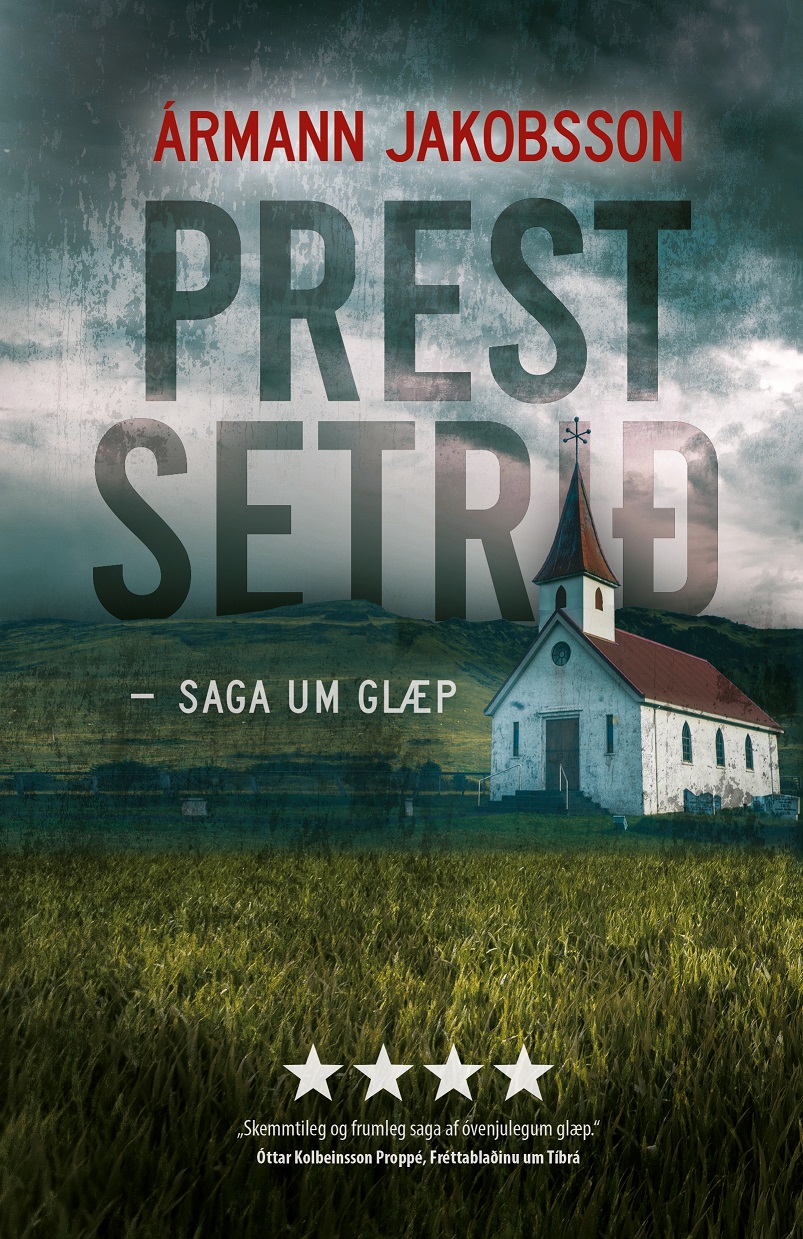
Prestsetrið : saga um glæp (The Parsonage : story of a crime)
Read moreLögreglukonan Kristín erfir óvænt gamalt prestsetur á landsbyggðinni, ásamt hálfbróður sínum. Setrið er á jörðinni Stóru-Hlíð þar sem eru aðeins fáein íbúðarhús önnur og eitt gistiheimili. Kristín sér húsið sem kærkomið athvarf frá glæpaerlinum í höfuðborginni. Á staðnum býr lítill er fjölskrúðugur hópur fólks á ólíkum aldri, á ólíkum stað í lífinu og með ólíkar þarfir og langanir – og einn morðingi.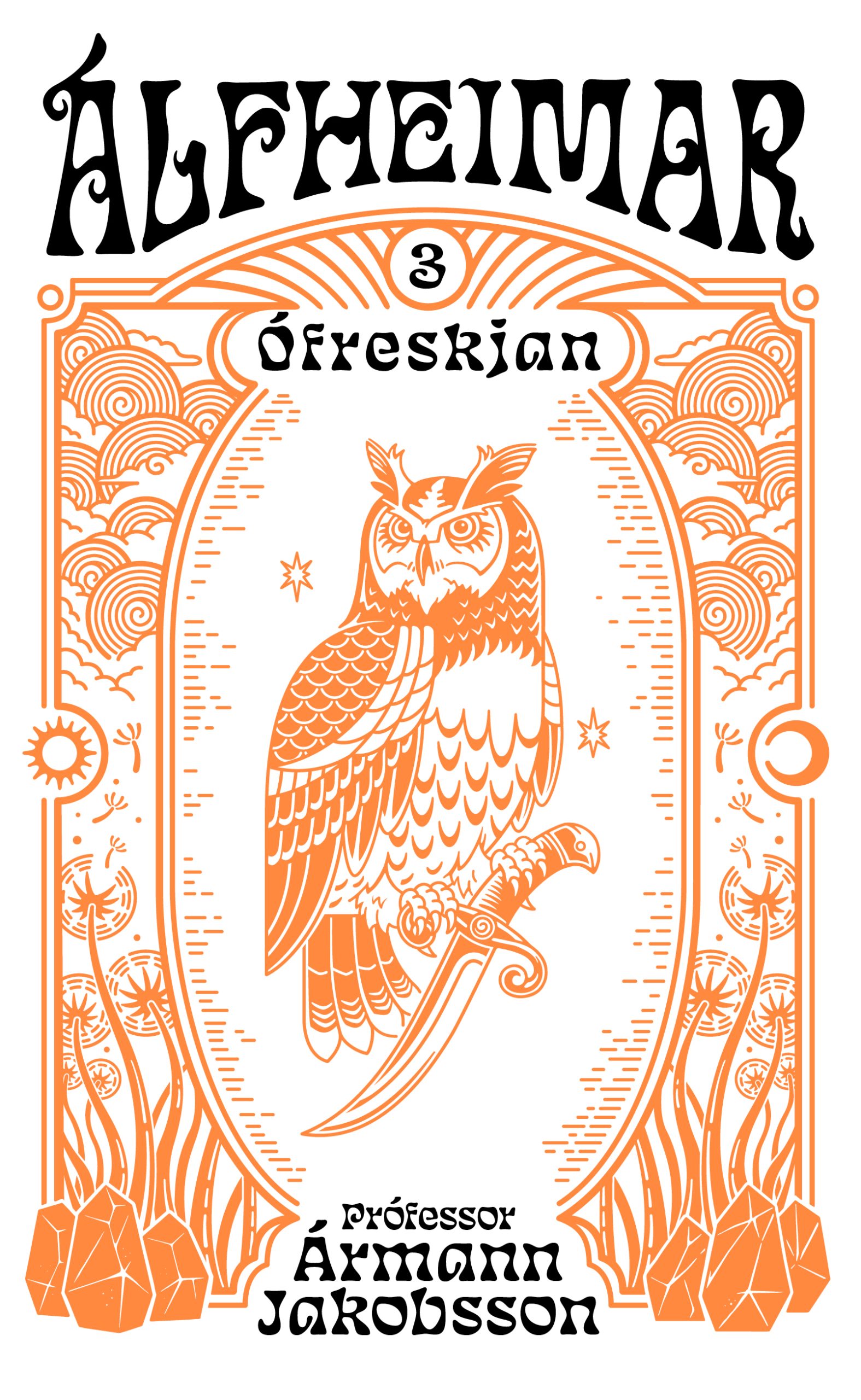
Álfheimar : Ófreskjan (Elf Worlds : The Monster)
Read moreÓfreskjan er þriðja bók af fjórum um fjögur ungmenni í heimi álfanna eftir prófessor Ármann Jakobsson en áður hafa komið út Bróðirinn og Risinn.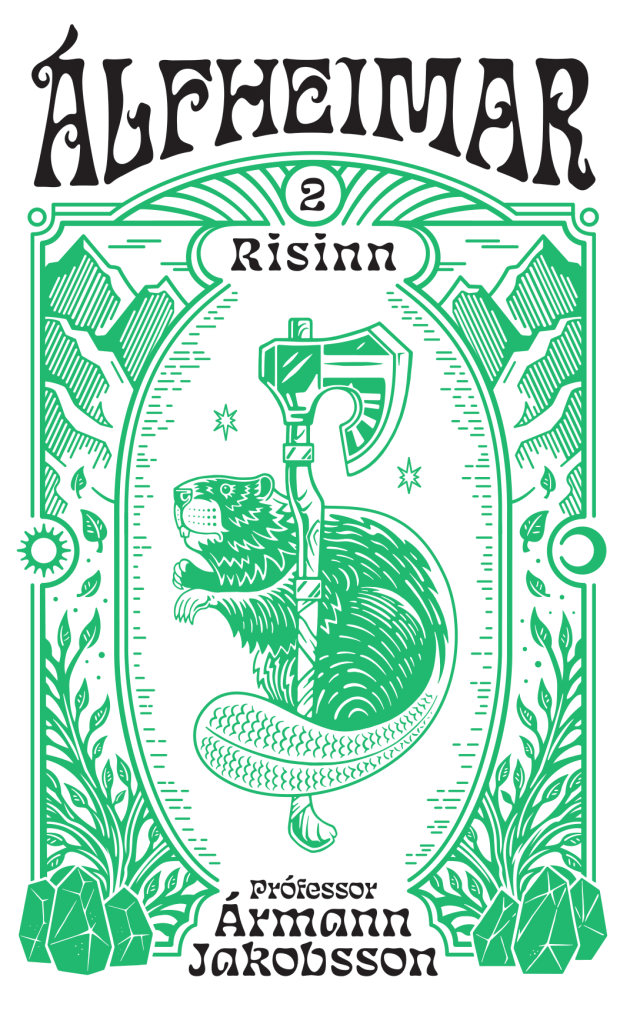
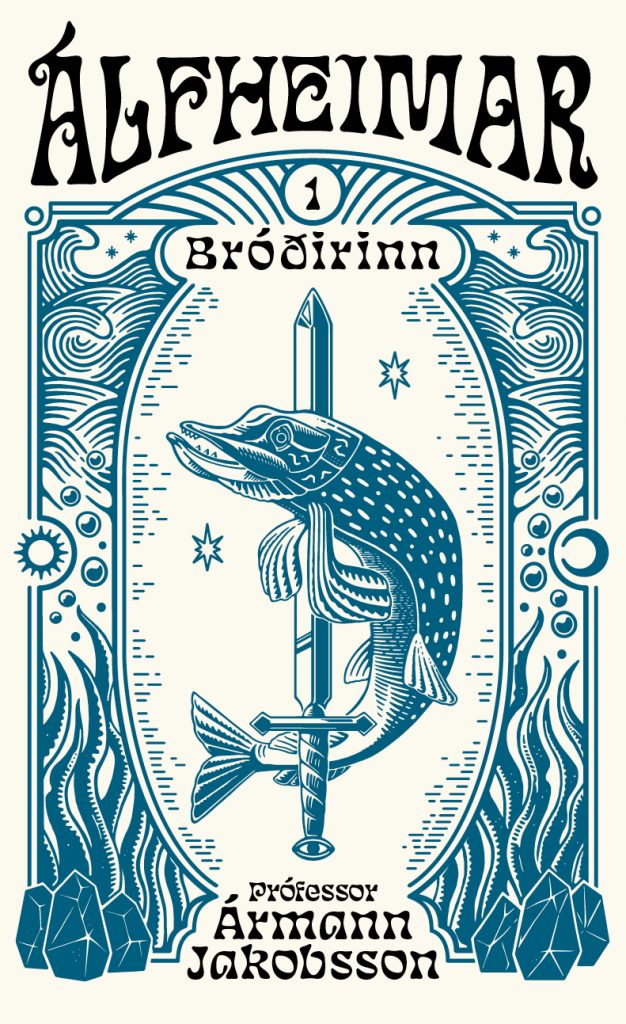
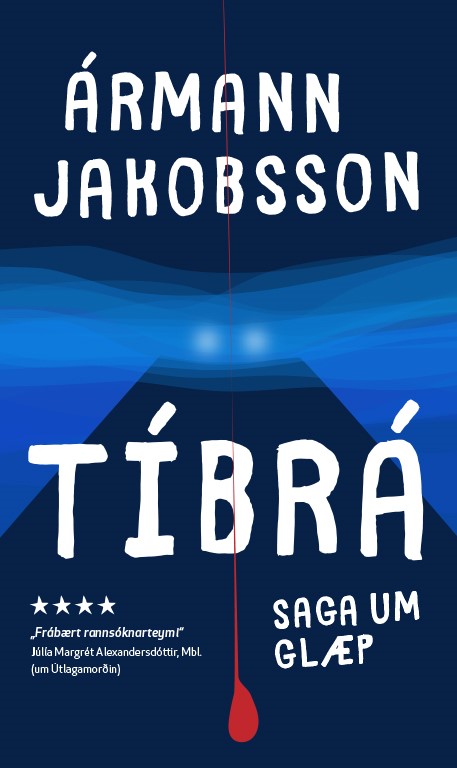
Tíbrá: saga um glæp (Mirage: Story of a Crime)
Read more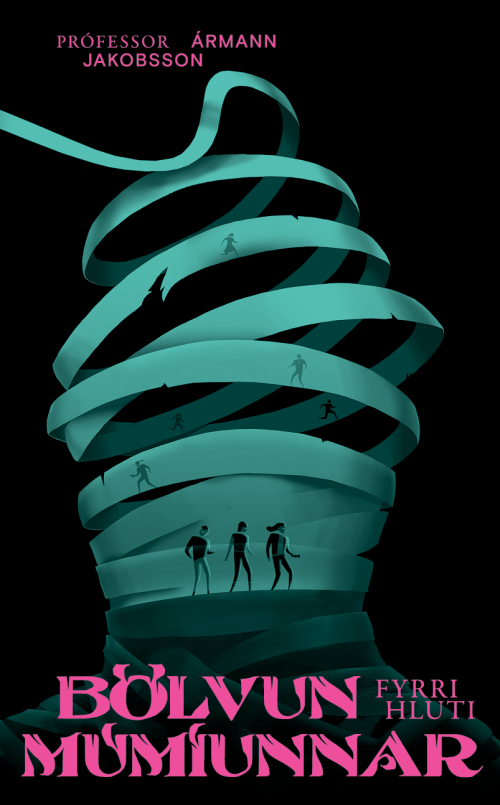
Bölvun múmíunnar (The Mummy's Curse)
Read more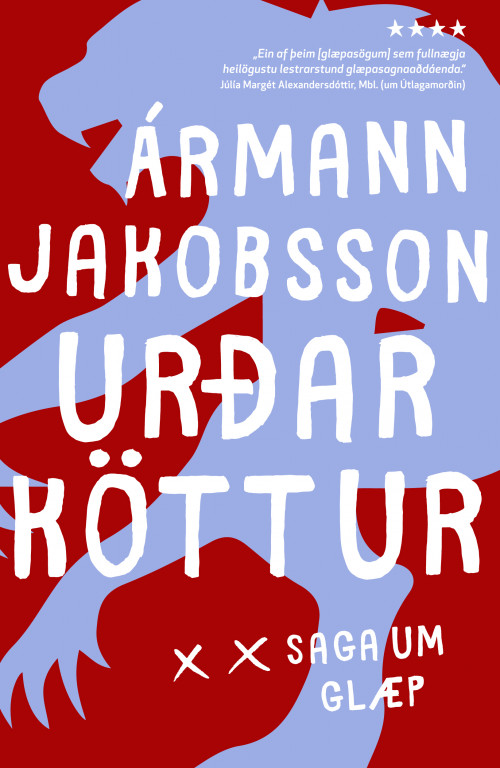
Urðarköttur: saga um glæp (Corpse Cat: Story of a Crime)
Read more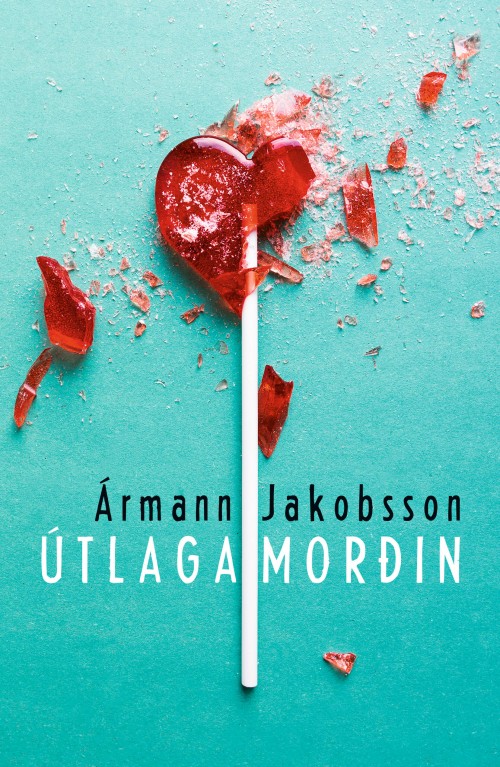
Útlagamorðin: saga um glæp (The Outlaw Murders: Story of a Crime)
Read more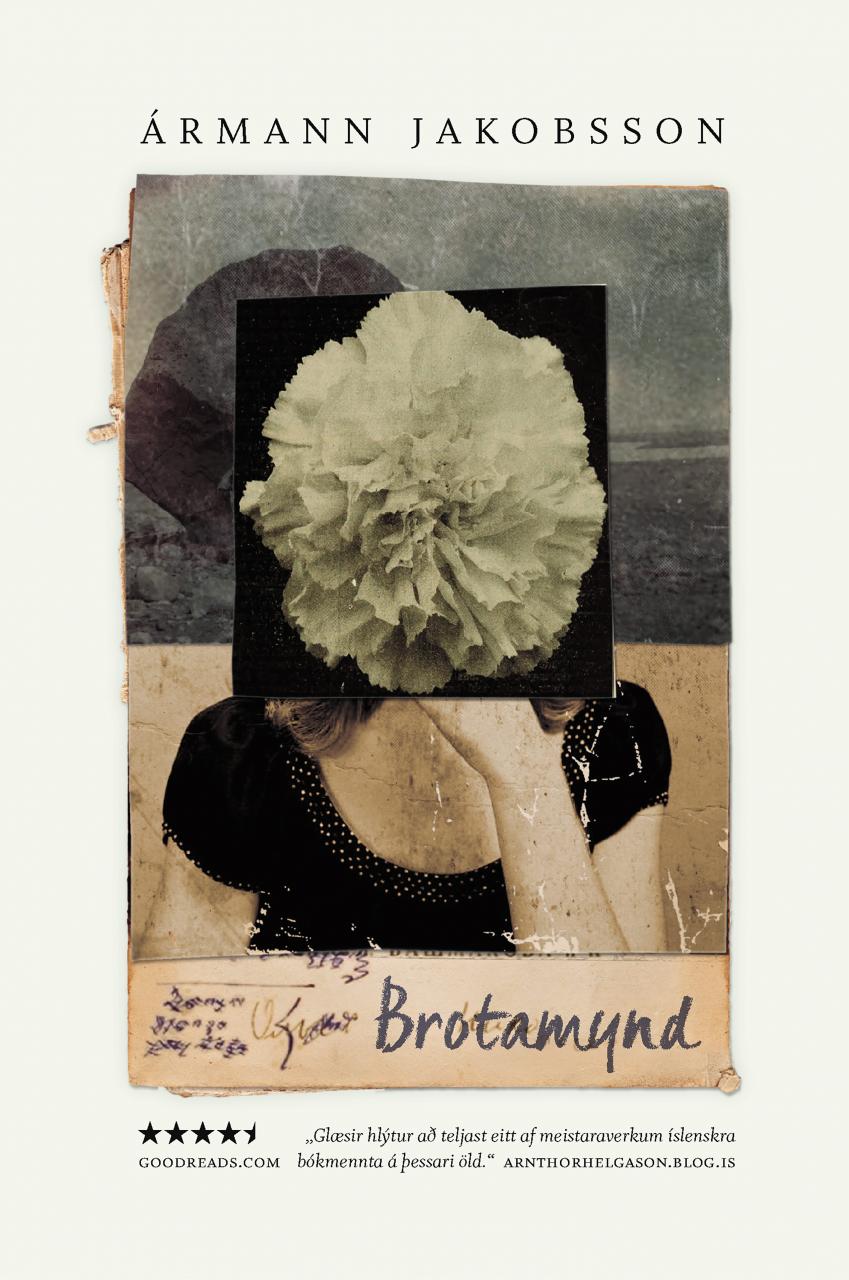
Brotamynd (Mosaic)
Read more
